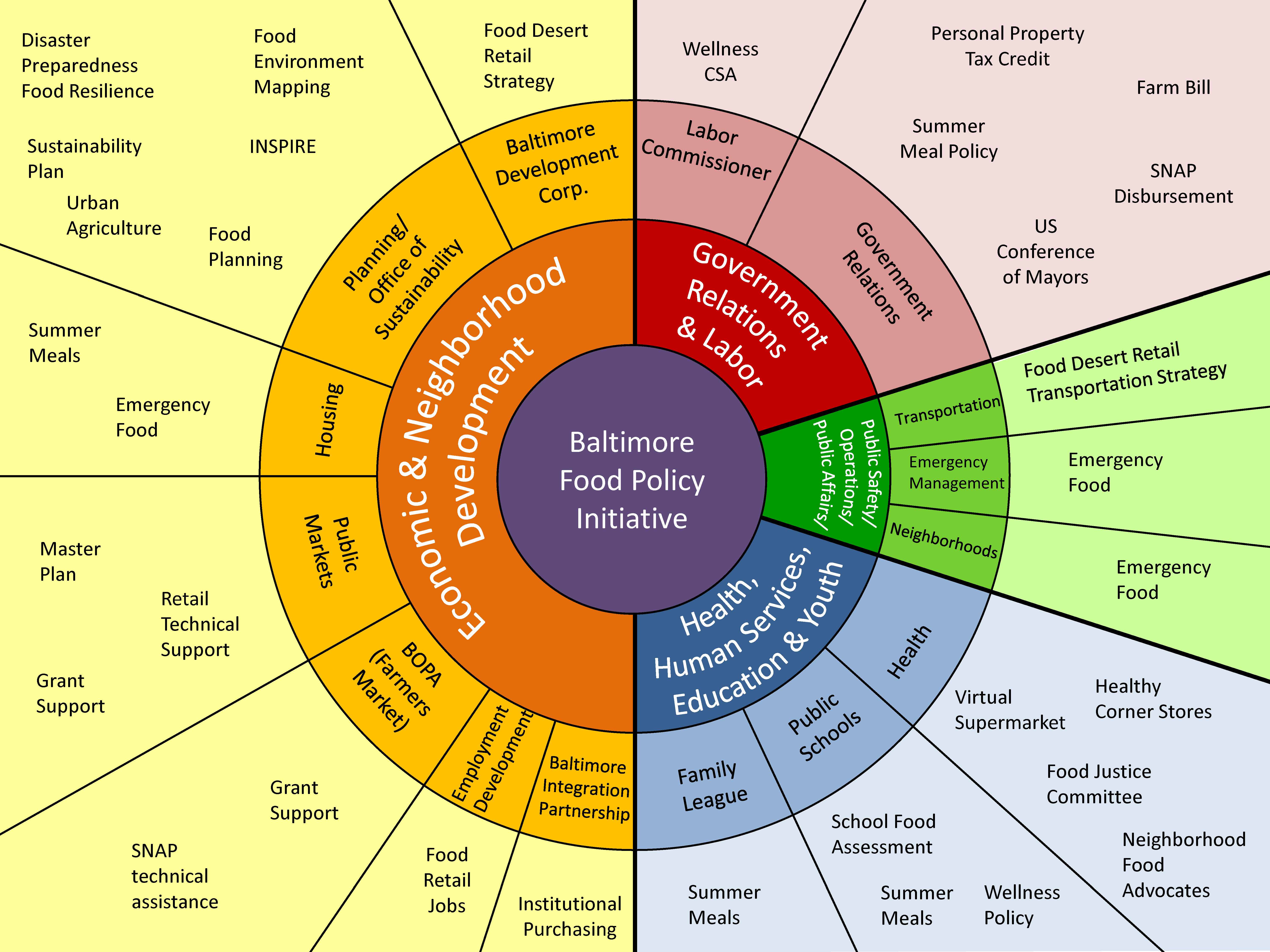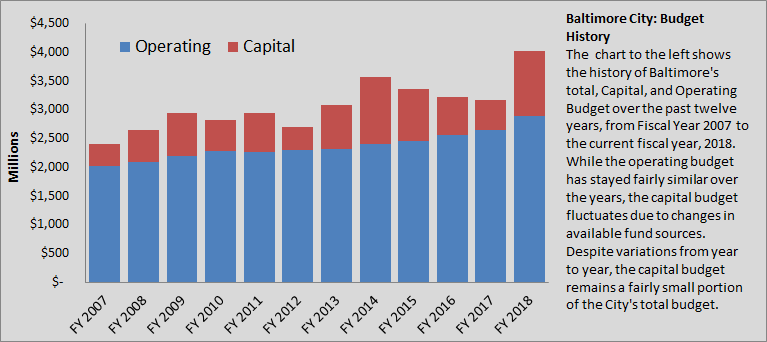For a city to thrive in the 21st century, it must not just rely solely on major ventures. As a matter of fact, working with a small part of the population would sometimes end up to be more successful and impressions are far greater than the usual.
Small or big, for the environment or for the people, initiatives are created to better answer and resolves pressing issues.
Being the largest city in the state of Maryland, Baltimore has the number of population and it continues to rise. Not just the need to accommodate the people, there’s also the need to feed them.
Baltimore Food Policy Initiative
The Baltimore Food Policy Initiative (BFPI) – an intergovernmental collaboration between the Department of Planning (DOP), Office of Sustainability (BOS), Baltimore City Health Department (BCHD), and Baltimore Development Corporation (BDC) – was founded in 2010 to “improve health outcomes by increasing access to healthy affordable food in Baltimore City’s food deserts”.With each agency lending its expertise, the City creates comprehensive strategies that tackle food access from many perspectives, and implements programs and policies with multi-sector support. The Department of Planning has led the effort to refine the City’s food agenda and priorities through sustainability and food access lenses, and has incorporated food into a variety of plans and policies. The Baltimore City Health Department is committed to making Baltimore a city where all residents can realize their full health potential, through cross-cutting collaborations and innovative community-based food access programming. The Baltimore Development Corporation, recognizing that food is a catalyst for economic development, offers retailers, small food businesses and food entrepreneurs access to information, resources and incentives. Full story by the city’s Department of Planning here.
…And while the city is growing, in order to better prepare for the future is to take care of the present. The more crowded and progressive a city gets, the more polluted it becomes. But this is something the Charm City would like and is working hard to leave behind…
Growing Green Initiative
The Growing Green Initiative (GGI) is a City-led effort to use sustainable, innovative, and cost-effective practices for stabilizing and holding land for redevelopment, and reusing
vacant land to green neighborhoods, reduce stormwater runoff, grow food, and create community spaces that mitigate the negative impacts of vacant properties and set the stage for growing Baltimore. This initiative will support a number of other City initiatives and goals, including:
- Stabilize distressed neighborhoods by greening and maintaining vacant lots so that they are assets and not liabilities
- Strengthen the social fabric of neighborhoods by helping communities and non-profits adopt and green vacant land
- Attract new development by re-using vacant land for permanent, public benefit – such as strategically placed new open space
- Support City MS4 stormwater permit requirements, and support new economic development by providing opportunities to construct cost-efficient stormwater management best-management practices on vacant land
- Increase the City’s tree canopy by planting trees on or near vacant lots
- Create jobs and job training opportunities and increase access to locally grown, healthy foods in Baltimore’s food deserts by creating new farms on vacant land. Full story by the Baltimore Office of Sustainability here.
And in keeping with a sound community, the city also working on its budget for infrastructure, well, obviously for safety and their longevity.
Capital Improvement Program
To guide the City in making necessary physical improvements, the City Charter requires the Planning Commission to annually recommend a six-year Capital Improvement Program (CIP) to the Board of Estimates. Each year, the Planning Department works with the various City agencies to prepare and present a new six-year program. The first year of the six year program is the budget year and becomes the basis for the capital component of the Ordinance of Estimates, adopted by City Council.
A capital improvement is a long-term investment, typically in physical infrastructure, such as roads, monuments, public buildings, parks, or art. Officially defined by the Board of Estimates, it is “… any physical betterment or improvement and any preliminary studies and surveys relative thereto, including, but not limited to, any property of a permanent nature, and equipment needed in connection with such improvement, when first erected or acquired.”
Over the past ten years, capital projects have represented between about 15 and 30 percent of the total budget for the year. The operating budget represents the remaining 70 to 85 percent of the budget. The operating budget generally generally supports the day-to-day services and activities that keep Baltimore running, including things like agency salaries, funding for youth programs, ongoing maintenance costs at parks and recreation centers, and the like. Full story by the city’s Department of Planning here.
1402 Belt St, Baltimore, MD 21230
(443) 266-6247


